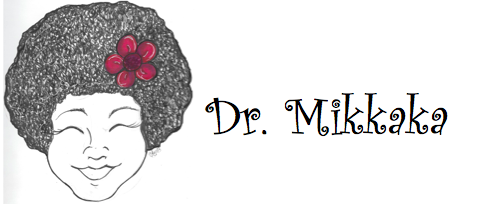What are you assessing? (On the purpose of homework and other matters.)
It has almost become a dirty word--assessment. It inevitably conjures up images of kids sitting in rows all day with test booklets on front of them; teachers sitting in meetings looking at charts and graphs of scores or, even worse, looking at rankings by test score; and of glaring newspaper headlines that include the word ‘FAILING’. I could write an entire blog post about the horrors of standardized testing and the mess we’ve made of accountability measures, but that’s not what I’m here for today.
Today I want to talk about teaching because, believe it or not, testing really is an integral part of good teaching. Most teachers have heard about assessment driving instruction, but those standardized tests don’t quite do that because the information is not provided within a timeframe that would allow you to adjust your teaching accordingly. The day-to-day informal and formal assessments--assignments, observation, anecdotal notes, homework, entry and exit slips--are the true contributors to responsive teaching.
It’s pretty intuitive: to teach students effectively, you need to know what they know and don’t know. Still, it takes a skilled pedagogue (and skilled kidwatcher) to constantly notice and adjust to kids’ responses and needs. Even some of the very best teachers miss the proverbial mark when it comes to assessment. So today I’m going to address some of the key areas where we make mistakes in our assessment practices: homework, reading passages, and after-reading questions.
Homework. Are you really assessing what you think you’re assessing? Does that 3-hour homework assignment show you if your students have mastered some skill you’ve taught them, or are you testing to see which students have savvy parents and access to Google at home? Homework should be a time for students to practice skills they’ve already learned. There should NOT be any new content on a homework assignment (hello gradual release of responsibility), nor should it require unprovided materials and resources. Further, after being in school all day, the last thing kids need is more hours of tedious busy work. If your homework takes kids more than about 30 minutes a night, you need to rethink it. And, while I’m throwing out hot takes, if you have sponge activities in the morning or other space in the day, kids should be able to do their homework without penalty. After all, you’re using the homework to check and see if they have truly mastered a skill you taught, not to assess if they have other responsibilities or complications in the evening that make completing homework a hardship.
Reading Passages. Standardized tests measure literacy skills primarily through the use of questions based on short passages. As a result, many teachers teach reading using passages and similar response questions to those seen on the tests. Stop it. Literacy instruction should include a variety of rich texts (including books, short stories, excerpts, multimedia texts, etc.) on many topics and paired with engaging activities and experiences. There is a place and time for familiarizing students with test structures and providing instruction around test-taking skills, but it does NOT supersede regular instruction. If you teach students to read and respond to varied and complex texts, they will do well on assessments. Teach reading.
After-Reading Questions. I won’t belabor this point because it’s somewhat related to the previous section, but think about the “comprehension” questions you ask students. I love reading my preservice teachers Lewis Carroll’s “The Jabberwocky” and then asking them questions like “what did the slithy toves do?” They are able to answer such “right-there” questions without having much of an idea of what the poem is about. It illustrates the importance of aligning assessments with instructional goals; instead of assessing students’ understanding of the text, those kinds of questions assess the students’ understanding of language structures and how test questions work. There are many more effective and engaging methods for gauging comprehension than paper and pencil assessments. That’s a blog for another day, I suppose.
Keep the conversation going in the comments or in your own circles. Questions for Reflection: What other assessment practices should we reconsider? How might we shift assessment back to its instructional importance in our own contexts?


